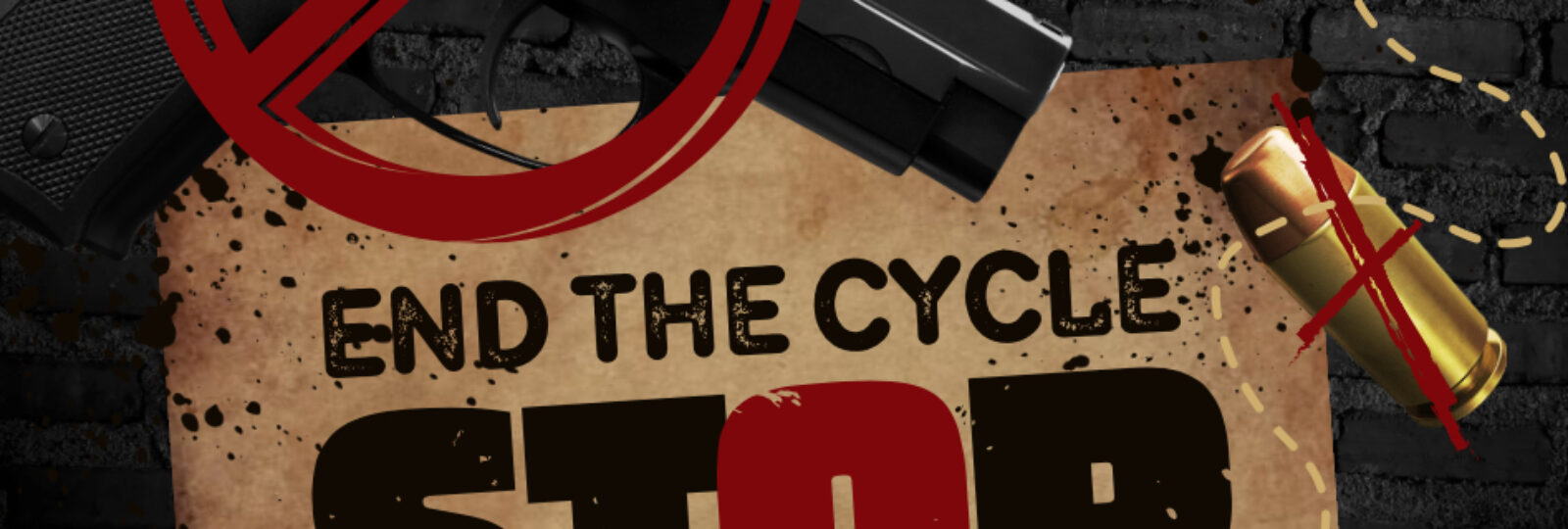The Rise of Gun Violence in DSM
Share this story

As 2024 progresses, Des Moines, Iowa, has become increasingly alarmed by a significant rise in gun violence that has shaken the community to its core.
Once known for its low crime rates and a sense of security, the city is now working on finding a way to make communities safer.
Recent statistics reveal a significant increase in shooting incidents, with the Des Moines Police Department reporting a “30% rise in gun-related crimes compared to the previous year. In a city that has priced itself on its safety, this surge has raised concerns among residents, law enforcement and local officials.”
The violence has not only affected the victims and their families but has also created an atmosphere of fear and uncertainty in neighborhoods across the city. Several factors have contributed to this trend. Experts have pointed to a combination of social and economic factors, firearms and a rise in gang-related activity as primary drivers. The aftershock of the COVID-19 pandemic, including economic instability and mental health issues, have exacerbated existing tensions. Many community leaders argue that the lack of access to mental health resources has left individuals vulnerable to engaging in violent behavior.
Former deputy sheriff from the Polk County Police Department, Shelley Reese stated, “My personal opinion of the recent increase of gun violence in the Des Moines area is due to many factors. One is the lack of mental health services.”
Mental health services are essential when it comes to dealing with gun violence because they help people who might be struggling with mental health issues that could lead to violent actions. When people have access to mental health care, it can help them figure out and deal with problems like depression, anxiety and trauma, which can sometimes cause aggressive behavior. By focusing on mental wellness and providing ways to intervene, these services can lower the chances of someone turning to violence and help make our communities safer. Additionally, catching these issues early can stop crises from happening that could lead to gun violence, showing just how crucial it is to include mental health support in overall public safety plans.
In response to the rising violence, community organizations and local leaders are mobilizing efforts to address the root causes. Initiatives aimed to improve conditions, such as job training programs and youth engagement activities, are being prioritized. Additionally, local law enforcement is increasing community outreach efforts, emphasizing the importance of building trust between police and residents to enhance cooperation in preventing crime.
Northwest High School faculty member Chad Vollmecke stated, “It impacts our community because there is an overall feeling of being unsafe. Parenting changes and common practices need to be altered due to the possibility of violence, and people are not as quick to build friendships outside of their immediate circle.”
However, the challenges remain significant. The debate over gun control has intensified, with advocates calling for stricter regulations on firearms to curb the growing violence. In a state where gun rights are fiercely protected, finding common ground on this issue presents a challenge.
